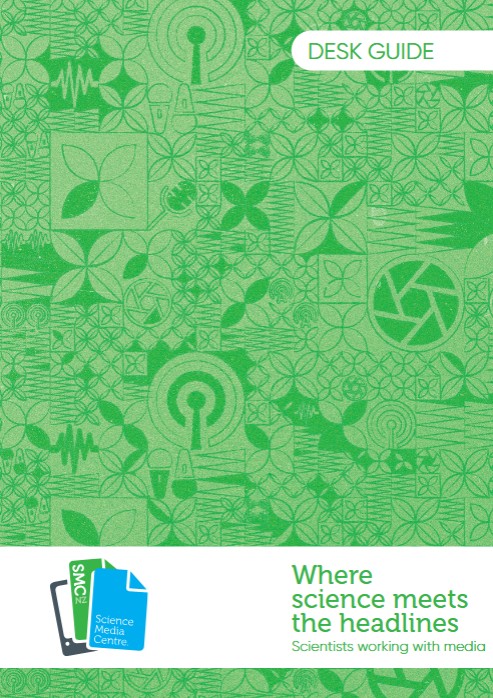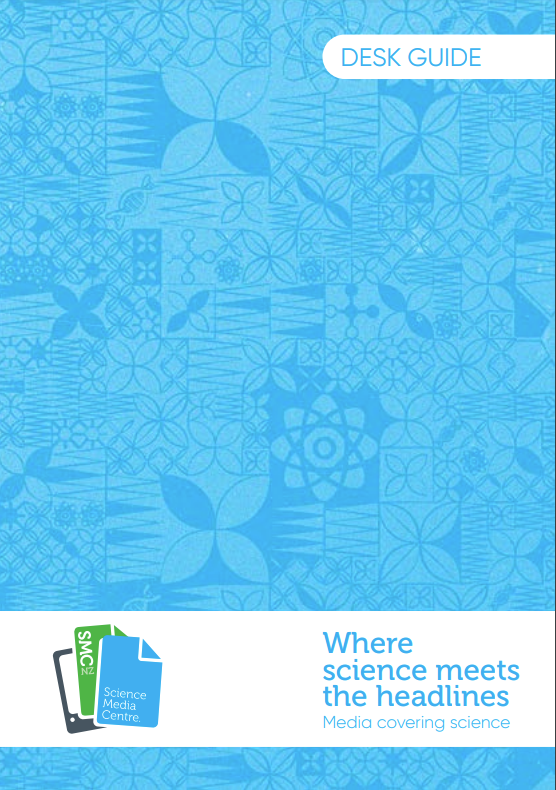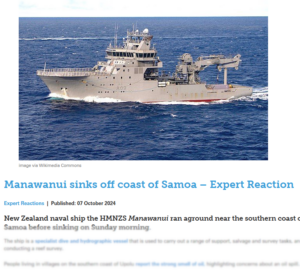 Tips for working with the media
Tips for working with the media
At the Science Media Centre, helping journalists do a better job of covering science is at the core of what we do. But we have found that the key to quality media reporting on science is the ability of scientists to communicate effectively.
Most journalists have a simple aim when they interview a scientist – to get a clear explanation of new research or informed commentary on a breaking news story. The better you as a scientist can meet this need, the better the results will be when the story is published.
The Desk Guide for Scientists: Working with Media can be downloaded as a PDF and it covers just about everything you need to know about working with the media.
Resources for Pacific media
Tips for covering science
Covering science can be tricky, but we’ve put together a handy guide to help out busy journalists that can be downloaded as a PDF.
We want to help reporters who want to get the science right, so this guide helps with everything from the basics of scientific peer review, through to the tricky issue of trying to write a “balanced” science story when the weight of scientific evidence may be overwhelmingly on one side.
Media queries
The Science Media Centre is available to help connect you with researchers for your stories – please feel free to contact us via email or our 24/7 media hotline: +64 27 333 3000.
For the last two years, the New Zealand Science Media Centre has held media training workshops for Pacific researchers, hosted by Fofonga for Pacific Research Excellence at Waipapa Taumata Rau, the University of Auckland.
We can recommend researchers who have been through this training and have experience being interviewed across a wide range of topics, including environmental, social, and health research.
Scimex
In collaboration with the Australian Science Media Centre, we run Scimex.org – a hub for science- and research-related news.
You can register to access embargoed research and receive email updates: you are able to filter your interests based on region and topic. See all Pacific-related stories on Scimex here.
Expert Reactions and Media Briefings
The SMC regularly gathers expert reactions on breaking news and just-published research, which help offer essential context to reporters covering the topic.
Here are previous Pacific-focussed expert reactions and media briefings we’ve gathered. As a journalist, you can register to receive expert reactions by email that are filtered based on your interests and region.
Reporters are always free to use these quotes within their stories, and we provide contact details for those who want to interview an expert themselves.